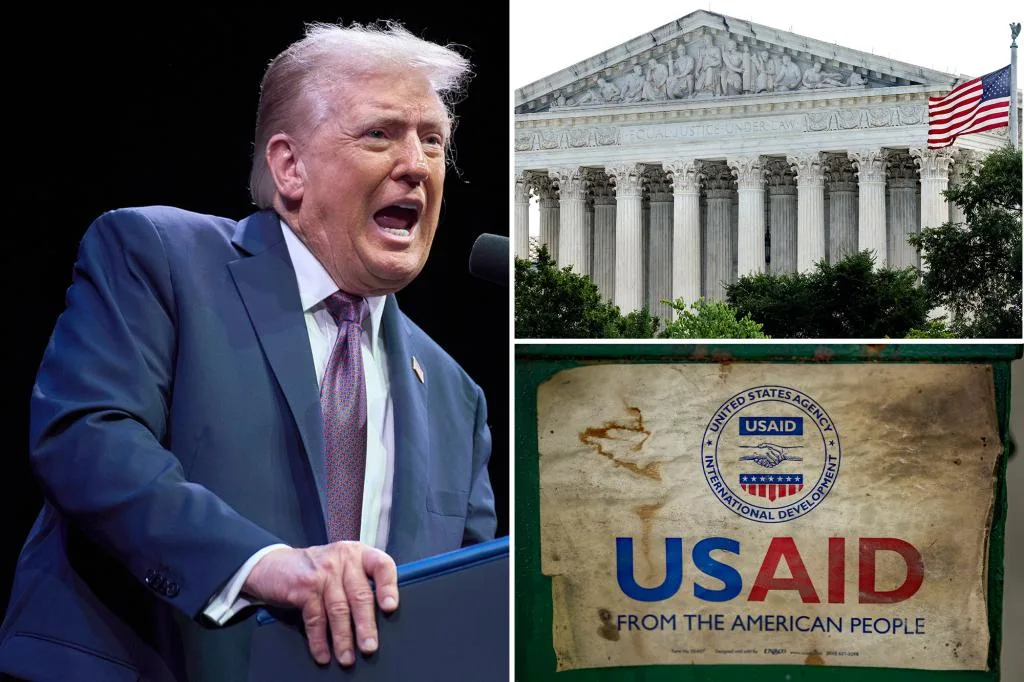In a landmark decision on Tuesday, the U.S. Supreme Court temporarily blocked the disbursement of $5 billion in foreign aid that the Trump administration had sought to rescind. The ruling follows a rare procedural maneuver known as the “Pocket Rescission,” which has not been used by any U.S. president in nearly 50 years.
Al Carius, Legendary North Central College Coach, Passes Away at 83
Background: What Happened
Supreme Court Chief Justice John Roberts issued a temporary hold on a lower court ruling by Federal District Judge Amir Ali, which required the release of approximately $11.5 billion in congressional-approved funds. This funding included $3.2 billion allocated to the U.S. Agency for International Development (USAID), intended to support democracy initiatives, peacekeeping, and other international efforts.
Judge Ali had ruled that the President cannot unilaterally rescind funds without congressional approval, citing the Impoundment Control Act, which gives Congress exclusive authority over appropriated funds. The decision sparked a legal battle over the scope of executive power in foreign aid spending.
Reactions
The ruling was viewed as a temporary victory for the Trump administration, which has emphasized stricter control over foreign aid spending. Solicitor General D. John Sareer argued that the lower court’s decision created unnecessary conflict between the executive and legislative branches.
Meanwhile, non-profit organizations, including the Global Health Council, criticized the freeze, warning that it could endanger life-saving programs in countries dependent on U.S. assistance. These groups contend that rescinding the funds violates federal law and could harm public health and humanitarian efforts worldwide.
Legal and Policy Implications
The Supreme Court has requested further input from the involved non-profits as it evaluates the legality of the administration’s actions. The case raises significant questions about:
- The role of foreign aid in U.S. foreign policy
- The authority of the executive branch over taxpayer funds
- The balance of power between Congress and the President
Critics argue that American funds should be scrutinized to ensure accountability and alignment with domestic priorities, while proponents of the Pocket Rescission emphasize fiscal restraint and oversight.
What Happens Next
As the Supreme Court continues deliberations, this case could set a precedent for presidential authority over appropriated funds and the limits of congressional oversight in foreign aid decisions. The outcome may influence future foreign policy, funding priorities, and the legal boundaries of executive power.
Conclusion
The dispute over these foreign aid funds is more than a fiscal issue—it is a critical test of executive authority and congressional power in managing national resources. The Supreme Court’s eventual ruling will have lasting implications for U.S. foreign aid, legislative oversight, and the balance of power in Washington.
